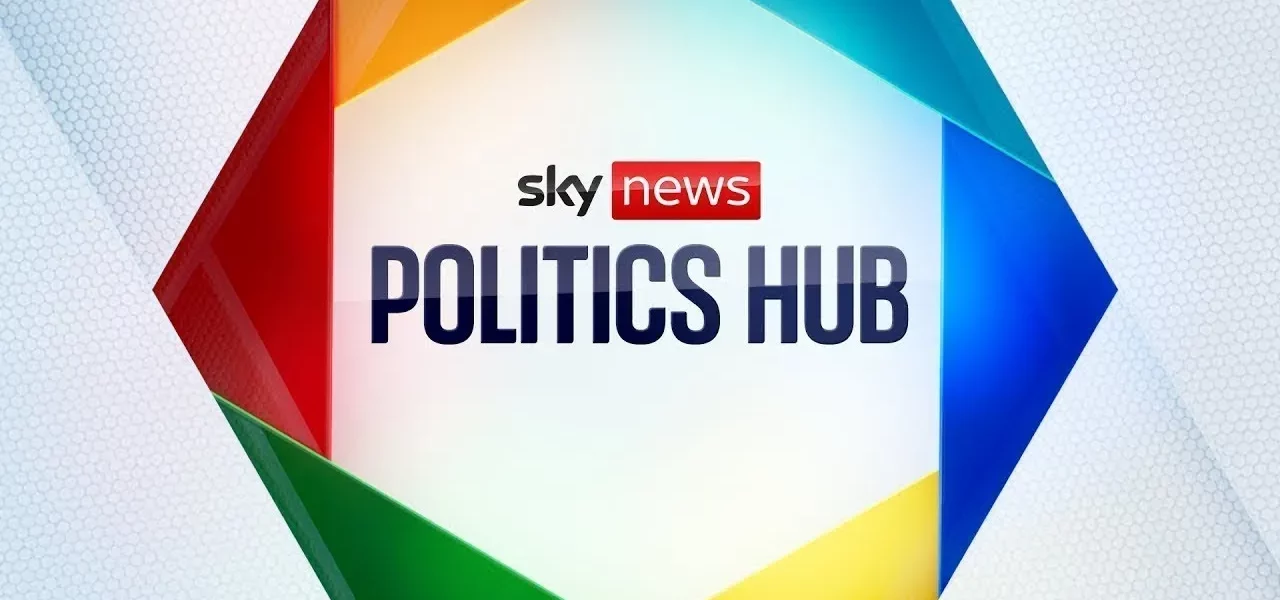The Politics Hub: Key Developments in UK Political Landscape

In an ever-evolving political climate, the latest updates on key issues such as immigration, healthcare, and electoral candidates shape the discourse leading up to the UK elections. This article delves into the recent statements from major political figures and the implications of their policies on the electorate.
Introduction
The political landscape in the UK is marked by significant tensions and shifting allegiances as parties prepare for the upcoming elections. The recent statements from Diane Abbott, the Labour Party’s stance on immigration, and the Conservatives’ focus on the NHS are pivotal in understanding the current electoral dynamics. This article will explore these developments in detail, analyzing the implications for voters and potential outcomes in the upcoming election.
Diane Abbott’s Candidacy and Political Controversy
Diane Abbott, a prominent figure in the Labour Party, has stated her intention to stand as the Labour candidate for Hackney North and Stoke Newington in the next election. This announcement follows a turbulent period marked by her suspension from the party over controversial comments regarding racism. The context of her reinstatement and her commitment to running has reignited discussions about her role within Labour.
Background on Diane Abbott’s Suspension
Abbott’s suspension stemmed from a letter she wrote that suggested different racial groups experience racism differently. This statement sparked outrage, leading to her temporary removal from the party. However, following an investigation, she was allowed to return, highlighting the ongoing tensions within the Labour leadership regarding race and representation.
Implications for Labour’s Strategy
Her return to the frontline of Labour politics can be seen as both a challenge and an asset for the party. While she represents a segment of the party aligned with the left, her contentious past could be a double-edged sword. Labour leader Keir Starmer must navigate these waters carefully to maintain party unity and voter support.
Labour’s Immigration Strategy
The Labour Party has pledged to reduce net migration, a significant shift in its traditional stance. Shadow Home Secretary Yvette Cooper emphasized the need for tighter controls on immigration, framing it as a necessary response to rising migration levels under Conservative governance.
The Current State of Migration in the UK
Recent statistics indicate that net migration has reached unprecedented levels, with over 685,000 people arriving in the UK last year. Labour’s focus on reducing these numbers seeks to align with public sentiment, particularly among Conservative voters who are increasingly concerned about immigration.
Potential Consequences for Labour
Labour’s tough stance on immigration raises questions about its impact on its traditional voter base, particularly in Scotland. The SNP has criticized Labour’s pledge, arguing it could harm Scotland’s economic interests. The party’s challenge will be to balance the demands of different voter groups while maintaining a cohesive platform.
The Conservative Party’s Focus on the NHS
As part of their campaign, the Conservative Party has pledged £1 billion to increase the number of GP appointments, a strategic move aimed at addressing public concerns over healthcare access. This pledge comes in the wake of record-high waiting lists and growing dissatisfaction with the NHS’s performance.
Assessment of NHS Performance
Under Conservative governance, NHS waiting lists have nearly doubled since 2010, leading to increasing scrutiny of the party’s healthcare policies. Recent statistics reveal that many patients are waiting longer than the target times for treatment, prompting calls for immediate action.
Public Sentiment on NHS Issues
Public opinion is a crucial factor influencing the Conservative approach to the NHS. The party’s commitment to improving healthcare services is a direct response to voter frustration, particularly among those who have experienced delays in treatment. The effectiveness of this strategy will depend on how well they can communicate progress to the electorate.
Conclusion
The political climate in the UK is fraught with challenges as parties prepare for the upcoming elections. Diane Abbott’s candidacy, Labour’s immigration strategy, and the Conservative Party’s focus on NHS funding are pivotal topics that will likely influence voter decisions. As the campaign progresses, it will be essential for both parties to address public concerns and present clear, actionable plans to regain trust and support. The implications of these developments will resonate well beyond the election period, shaping the future of UK politics.
Stay informed on these evolving political issues and consider how they may affect your vote in the upcoming election. For more insights, check out our related articles on Labour Party strategies and challenges facing the NHS.
“`




